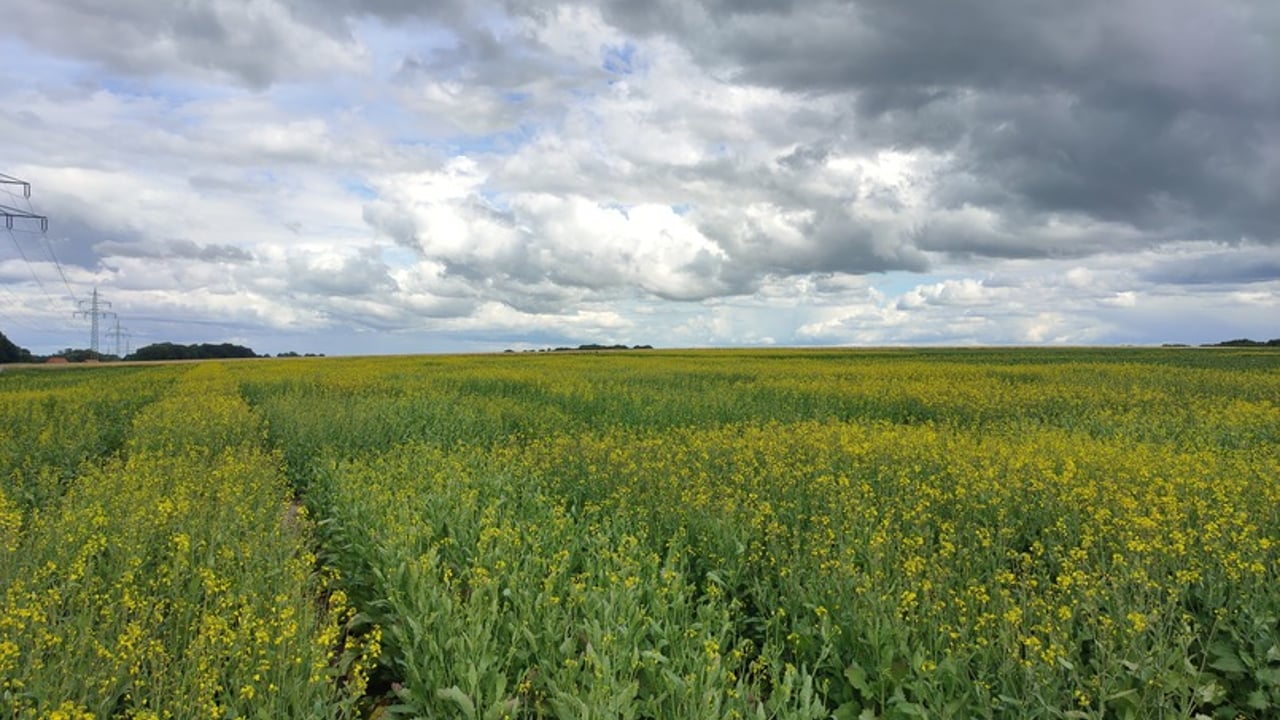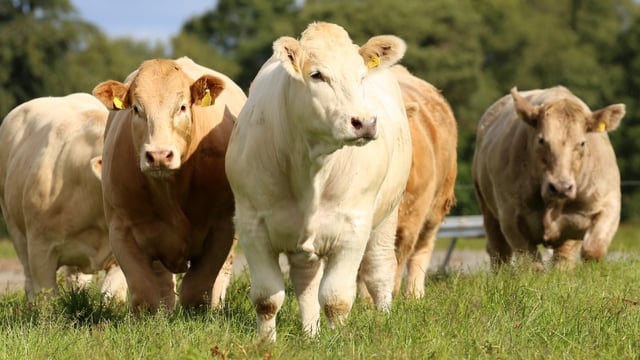University of Galway and BioAtlantis join EU crop project
University of Galway and BioAtlantis have joined a European research project to trial technologies to improve crop resilience to drought stress caused by climate change.
EpiSeedLink is a €2.69 million project funded under the European Commission’s Horizon Europe that will run for four years.
The project team will explore new methods to improve how farmed crops can survive prolonged dry spells by harnessing natural processes.
The research consortium is made up of partners in Ireland, France, Spain, Germany, the Netherlands, with the Kerry-based biotech company BioAtlantis and the lead researcher, Dr. Sara Farrona at University of Galway.
The EpiSeedLink project aims to understand the "molecular and epigenetic mechanisms" behind seed germination and vigour to develop drought-resistant crops.
It will also focus on developing molecular seed priming agents from marine and terrestrial resources, such as seaweed, to improve seed performance under drought.
These approaches will be tested in laboratory and field trial conditions using tomato, oilseed rape and a flowering plant of the mustard family.
Dr. Sara Farrona, head of the plant development epigenetics laboratory of the School of Biological and Chemical Sciences, College of Science and Engineering, University of Galway, said:
“Our goal is to research the potential for technologies that could help farmers grow crops under climate-related stress conditions, such as drought.
"As development of agricultural sustainable practices is essential in combating climate change, the goal of EpiSeedLink is to contribute to this challenge by driving progress toward a more sustainable world and advancing both foundational knowledge and practical solutions in agriculture."
Dr. Farrona explained that the research is investigating epigenetic mechanisms – essentially how cell function can be changed.
"Epigenetic processes in biology are analogous to a computer's software. While genomes resemble the hardware running cells, epigenetic changes resemble software that manage when genes are switched on or off.
"Such changes can occur naturally in response to environmental factors, linking cells to their surroundings, but without altering crop DNA sequences.
“This project seeks to harness these natural processes to deliver new sustainable technologies to crop growers," she added.
As part of the EpiSeedLink consortium, University of Galway and BioAtlantis are hosting PhD students who are being trained as the next generation of plant scientists.
Dr. Sujeeth Neerakkal, head of plant research at BioAtlantis, described EpiSeedLink as "a cutting-edge research project".
"In this project, BioAtlantis will play a key role in developing these molecular priming agents to improve drought tolerance and to enhance growth and yield in crops, whilst also contributing to the training of the next generation of PhD level scientists in this field of research.
"As part of their training students will conduct scientific trials at BioAtlantis’ R&D facilities, using model plants and crops species such as oil seed rape and tomato," he said.





